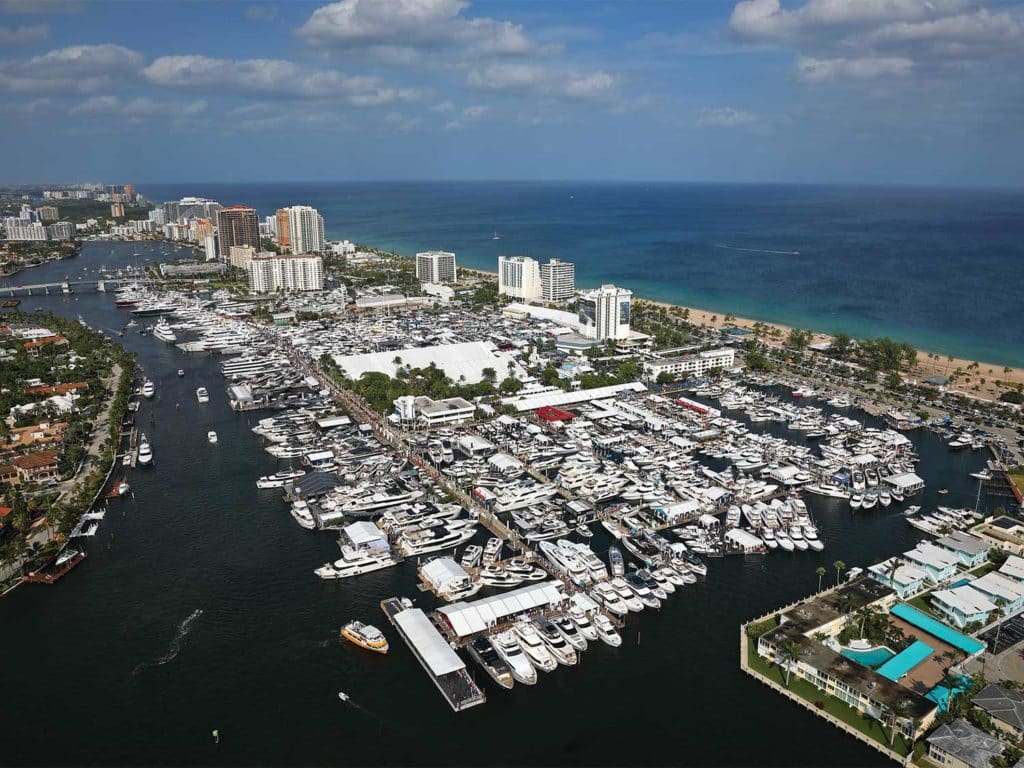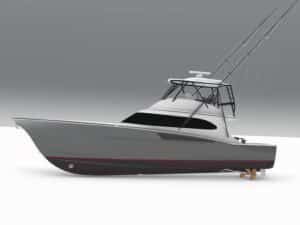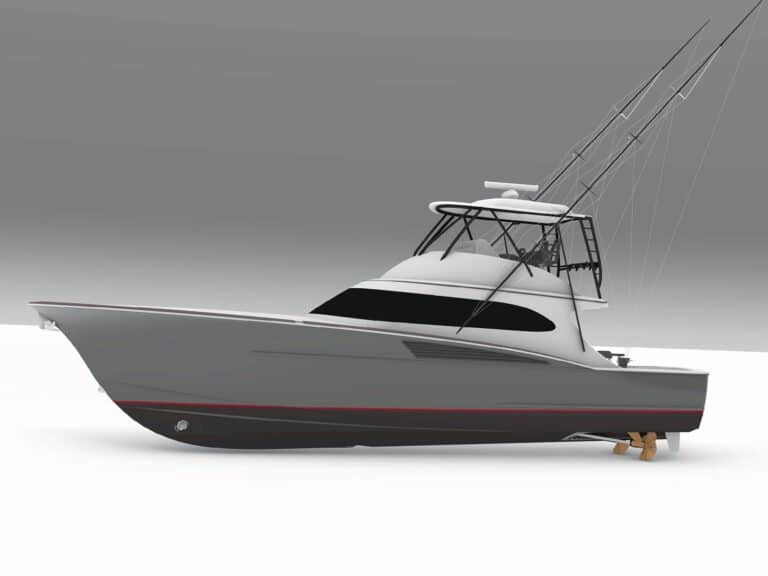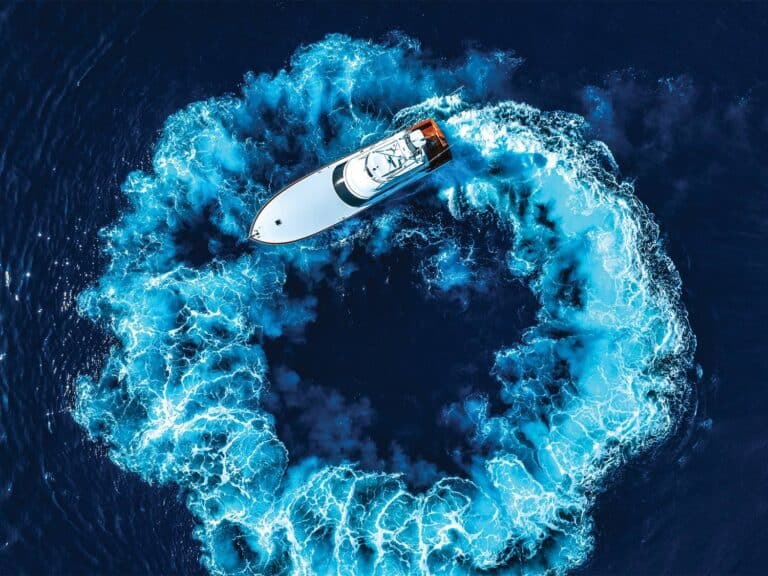
Special delivery: Sign up for the free Marlin email newsletter. Subscribe to Marlin magazine and get a year of highly collectible, keepsake editions – plus access to the digital edition and archives.
Well, it’s officially boat-show season, and you just might find yourself looking at a new—or at least new-to-you—ride this year or early next. The boating industry as a whole has never been stronger, and values have held unlike any time in the past. I purchased a boat 10 years ago and recently had a broker send me an offer that was exactly what I paid for it. Boats are typically considered depreciating assets, but not today. Something else that is unprecedented is finding a boat to buy. I was with John Bayliss of Bayliss Boatworks a few months ago, and he is booked out for years. Between new-boat orders and service work, it’s hard to hire enough employees to keep up with the current demand, so if you want to build a new custom boat, you’d better have patience.
But let’s say you have found a boat that fits your needs. The question is: How you should pay for it? We’ll explore a few ways, and then you can determine what’s best for you and your situation.
Watch: Take a ride on Wall Hanger, a waterjet-powered beauty from Spencer Yachts.
Financing Options
The easiest, cleanest, and fastest way to purchase a boat is to wire cash from your bank account to the seller’s bank and call it a day. This might be the easiest, but it’s not necessarily the most financially beneficial. You may have just created a big dip in your bank account and have now lost the benefit of using those funds for other business opportunities that could create higher returns.
Most fishermen who don’t want to pay cash are using a boat-brokerage firm to get assistance with specialized marine financing through their broker. These financing brokers will try to match you with a lending institution that is comfortable with the type of boat you are purchasing. Not all banks want to finance $500,000 or $5 million on a boat purchase—all lenders have their sweet spot, and the broker will lead you to the appropriate one.
The most common option for purchasing a boat is to take a loan through a bank. Many banks will offer a secured loan, which uses the newly purchased boat as collateral. The interest rate you pay will be based on your credit score, your past history of paying debt on time, and your income. As long as you stay current with your payments and don’t default, you’ll be fine. If for some reason you default on your loan, the bank can repossess the boat, and you’ll lose all access and rights to it. The majority of the boats on the water today are financed in this manner.
Another option for smaller boats is to finance it through a boat dealer’s marine-financing department. This is very similar to automobiles when you purchase a new vehicle. The dealership has a finance department where the manager will have you fill out a credit application and several other documents. You might have to show proof of funds and income. This is usually more appropriate for the center-console crowd.
Another option is to borrow the funds from a bank but use your personal assets for collateral; this is called a collateralized loan. If you have marketable securities—stocks, bonds, real estate—and do not want to sell them because they have potential for future appreciation, or they’ve increased in value so much that selling them would create a tax burden, a lender will allow you to pledge them and lend you funds to purchase a boat. In this situation, if you do not make your payments and go into default, the lender will legally be able to confiscate the securities you pledged.
Read Next: Learn more about the past, present and future of the Offshore World Championship.
Forming a Partnership
Lastly, if you have salt water in your veins and want to truly own a fishing boat, you can also form a partnership. Everyone is different, and each has their own opinions based on their financial situations. With this type of partnership, for example, I would purchase a custom Carolina boat that is very efficient to run and maintain; and then I’d hire a captain who has integrity, trustworthiness, and is good with people. We would team up with a partner or two and put the boat in charter service, with the eventual goal of making enough from the charters so that when I wanted to use the boat, there would be little or no cost to me.
No matter which road you choose toward boat ownership, carefully explore all financial options available before pulling the trigger.







